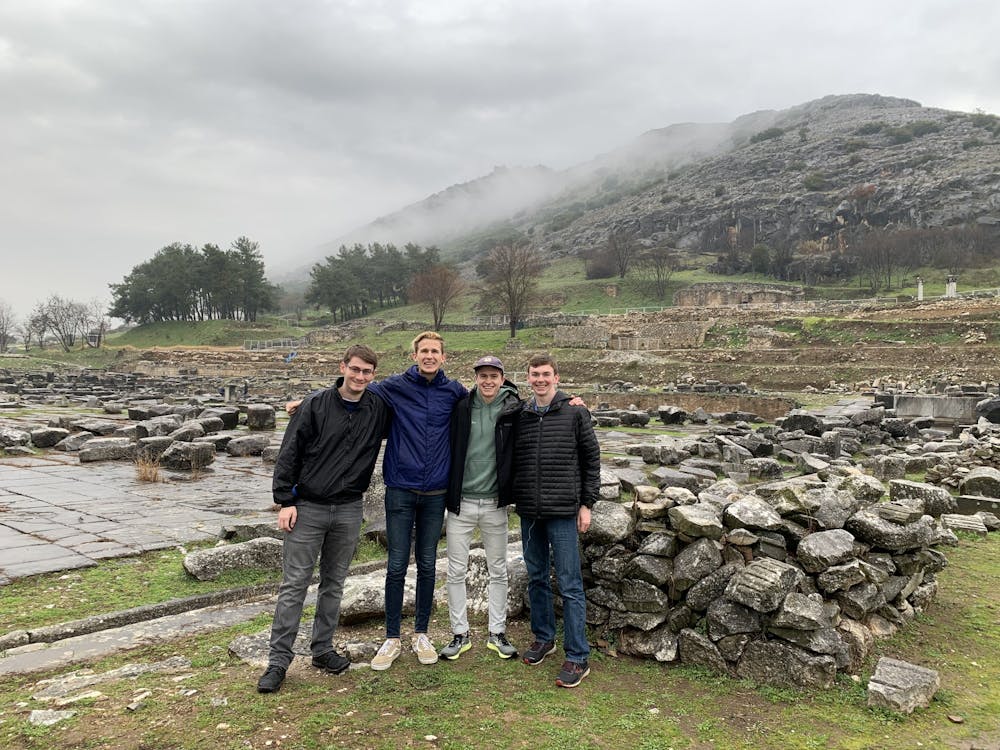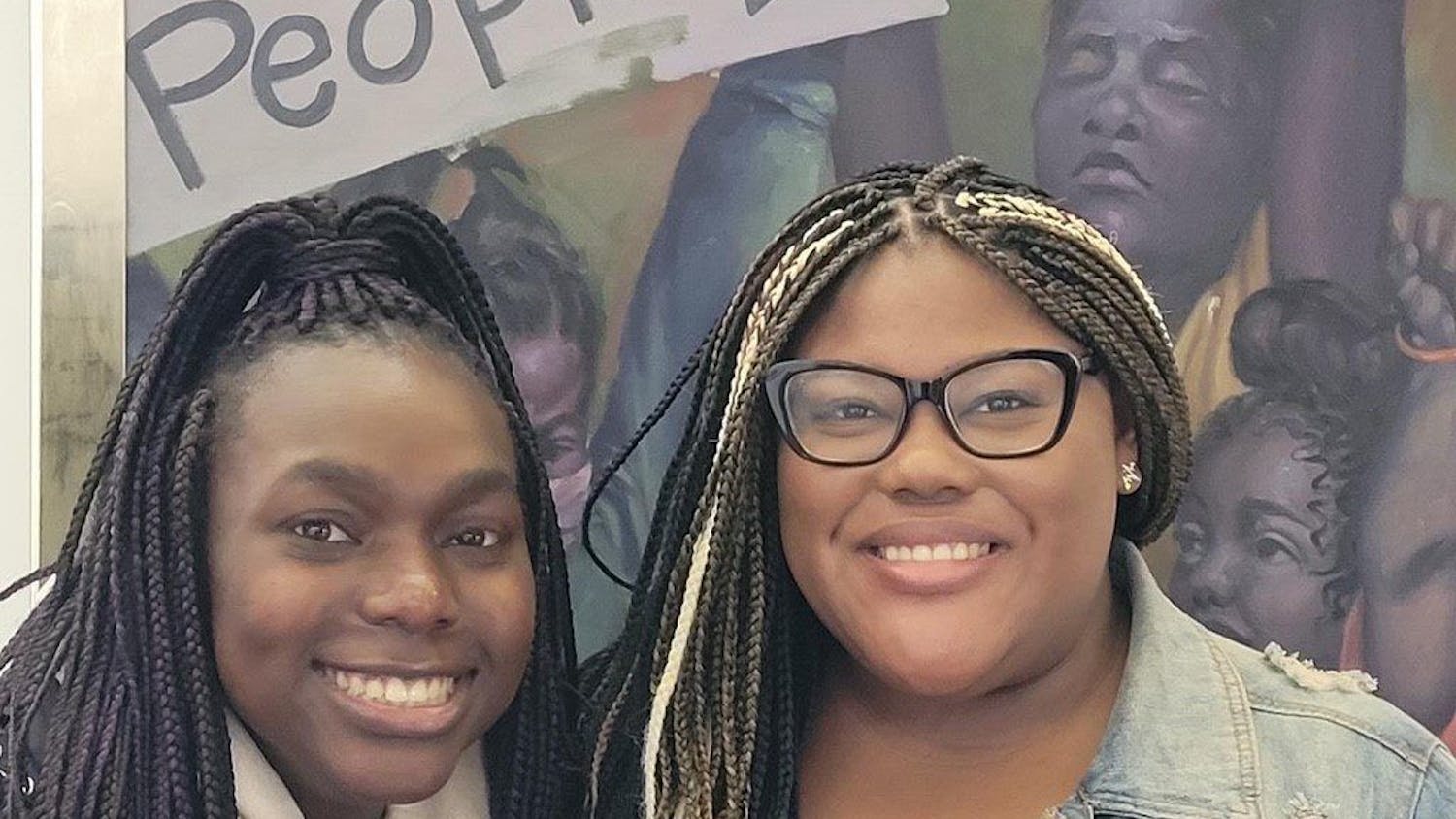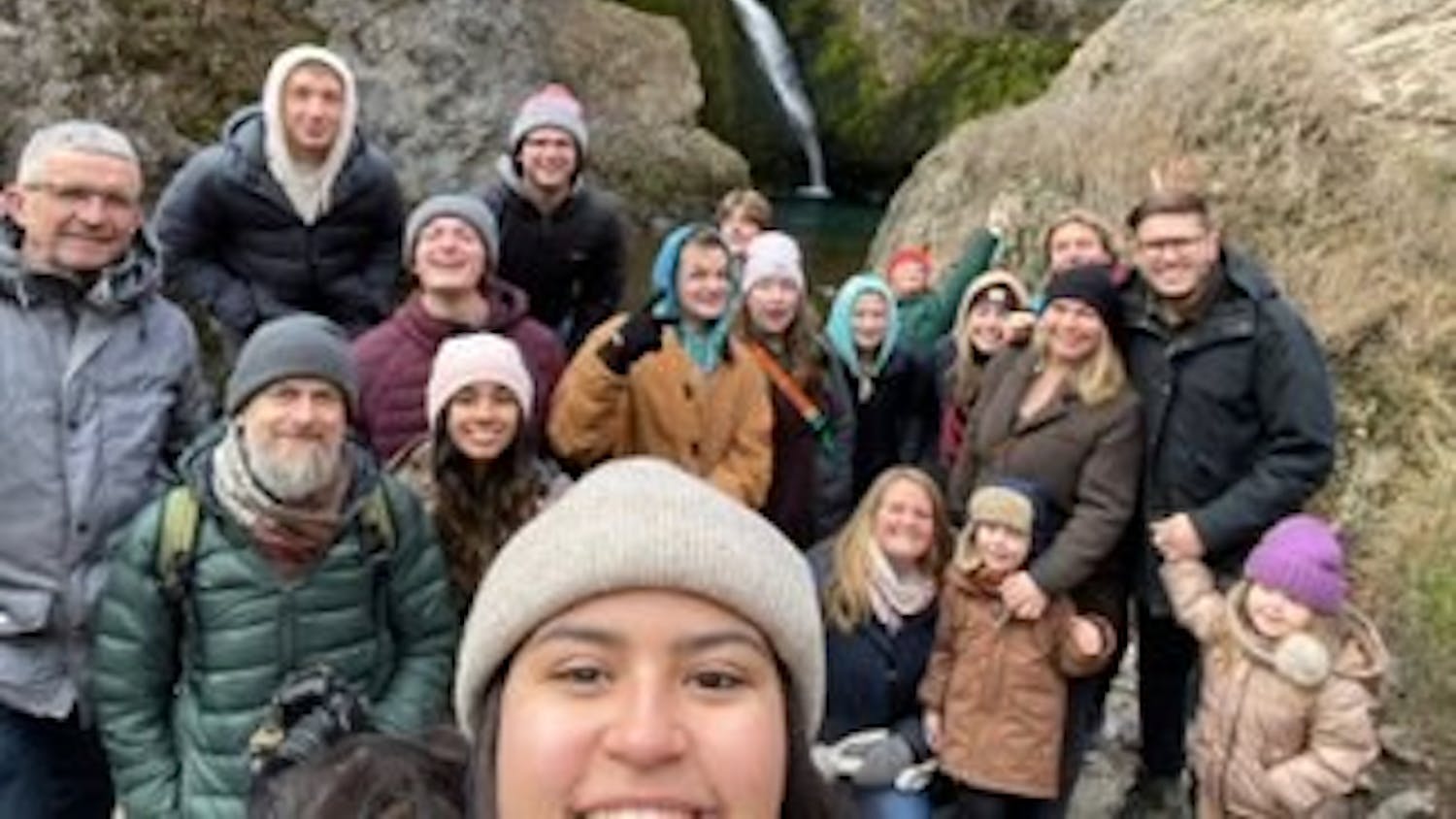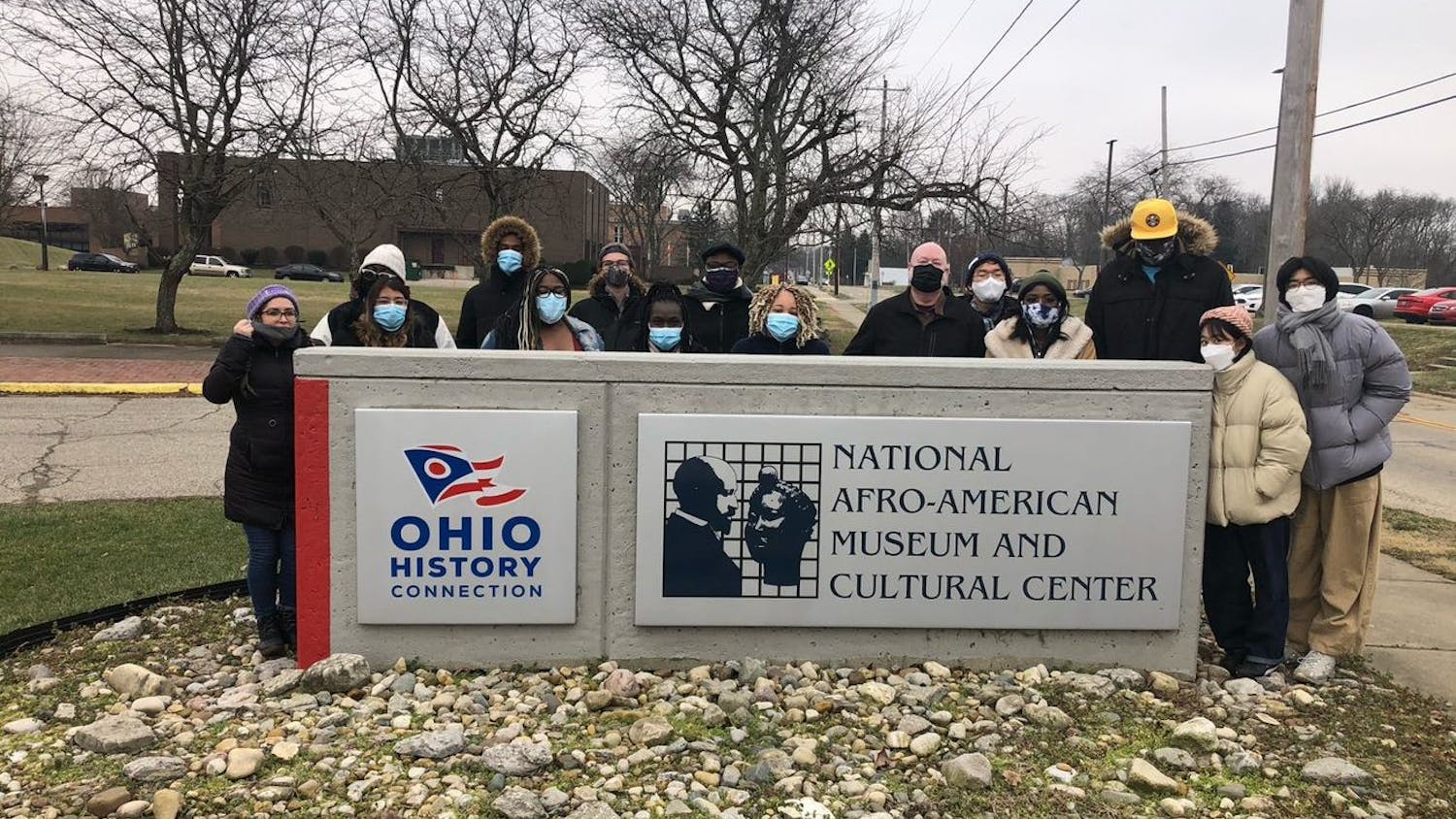Sophomores Kayla Kovacs and Andrew Bruner and freshman Thane Syswerda left Upland this January for different destinations, but all returned feeling inspired and renewed in their relationships with God.
Syswerda spent the month in Kosovo on a Lighthouse trip where his team led youth group activities and taught teenagers about Jesus with an organization called Gem.
In Syswerda’s opinion, the key to his fulfilling J-term trip was to be curious as he stepped out of his comfort zone. This opened up doors for him to be able to share his faith and testimony.
“A lot of the kids were curious about who God was because of how curious we were about them,” Syswerda said. “They were asking us like, ‘why are you who you are and why is God doing this for you?’”
While the scenery in Kosovo was impressive to Syswerda, learning how to trust God with his interactions with the youth was what made the biggest impact. Syswerda focused on Jeremiah 29:11 as he saw God working things out despite COVID-19 complications and unexpected obstacles.
As well as working with teens, Syswerda and his group got to experience what the culture is like in Kosovo.
“They can find the fun in anything,” Syswerda said. “If there’s nothing to do, everyone just does choreographed dancing. That’s so much fun. It was just so interesting.”
The Kosovo Lighthouse team wasn’t the only group having fun taking in a new culture, though.
Kovacs came back from her trip to Hawaii with many stories of laughter and enlightenment. The reason for the trip was to complete a class called “Tropical Biology of Hawaii.”
“I think it was also a Cross-Culture class, so the aim was to get to know Hawaiian culture and get to learn from them and the ways that they view the world and each other,” Kovacs said. “Our goal was to learn about how we could care for the Earth better and learn about ways that that is being done in Hawaii and maybe ways that the Earth is not being cared for in Hawaii.”
The students went to church services and traditional ceremonies, hiked up volcanoes and explored both wet and dry forests to see for themselves what life in Hawaii is like. They also actively worked in different parks.
One of the projects was to preserve native Hawaiian plants at Keau-ohana Forest Reserve by pulling intrusive weeds for a few hours.
“It’s one thing to love the Earth by looking at it and enjoying that gift, but it’s another thing to love the Earth by giving back because I think that deepens your love for it when you do get to enjoy it,” Kovacs said.
For Kovacs, this trip wasn’t just a chance to preserve nature but also a chance to move on from a difficult fall semester.
“I really do feel like it gave me a fresh start because it was almost like I could kind of look at the new semester knowing that I had this big, amazing, loving, attentive God with me,” Kovacs said. “Even though I’m not completely healed from everything that’s happened, I felt braver and I think that’s why I needed to do it.”
While Kovacs was having revelations on a tropical mountain overlooking lush green valleys, Bruner was experiencing a new perspective of God atop the snowy mountains of Greece.
Traditionally, the Honors Guild takes an international trip with its freshman class every January. Because of COVID-19 restrictions, Bruner’s class was not able to do so last year. Instead, this J-term, both the freshman and sophomore honors cohorts went to Greece. The sophomores took a New Testament Bible class and the freshmen took a history class.
“It was my goal to see a really beautiful part of the world and to learn more about the history, culture and the biblical context there,” Bruner said.
Bruner got to see many historical sites such as the ruins in Delphi where the Oracle prophesied. One of his favorites to learn about was the Parthenon in Athens.
“It was unreal to think of all the people who’ve walked there,” Bruner said. “More than just Paul, also Cleopatra, tons of different emperors and Nazis even. Because at one point, the Greek flag that we saw on a pole at the top of the Acropolis was a Nazi flag. It’s still really fresh for them.”
The spontaneous adventures were just as meaningful to Bruner as the historical tours and made a lasting impression.
“I think that sometimes the things that were most spiritual weren’t things that were planned into the trip,” Bruner said. “I mean, we sang the Doxology in a cave on top of a mountain that we climbed because the acoustics were really good.”
Experiencing the culture of Greece also influenced Bruner and changed the way he thinks about approaching worship here in the U.S.
“Their lifestyle is a lot more slowed down and they live in the moment and they’re not as concerned with the future,” Bruner said. “They live in the day-to-day, and with pretty free lives.”
Another big difference Bruner encountered was within the Greek Orthodox Church. Their churches were covered in ancient artwork and their worship services stayed the same for thousands of years. While some might have found the contrast strange compared to our modern local churches, Bruner was inspired.
“An orthodox priest we talked to put it really beautifully,” Bruner said. “Part of what makes faith awesome and part of what makes faith faith is that we can’t know everything about God.”
When the priest was asked how he could find peace amongst the mystery and uncertainty of the Orthodox Church, he responded that it is in the very mystery that he finds peace.
Bruner believes that churches in the U.S. are often too worried about learning more about God in an educational way instead of simply experiencing the glory of God in a spiritual way.
“How can we as evangelicals challenge ourselves to find peace by trusting in God even in the aspects of him that we don’t understand?” Bruner asked.
Syswerda, Kovacs and Bruner all had life-changing experiences over J-term because they were willing to take a leap of faith into the unknown, ask important questions and reflect on what areas of their lives could use renewal.





